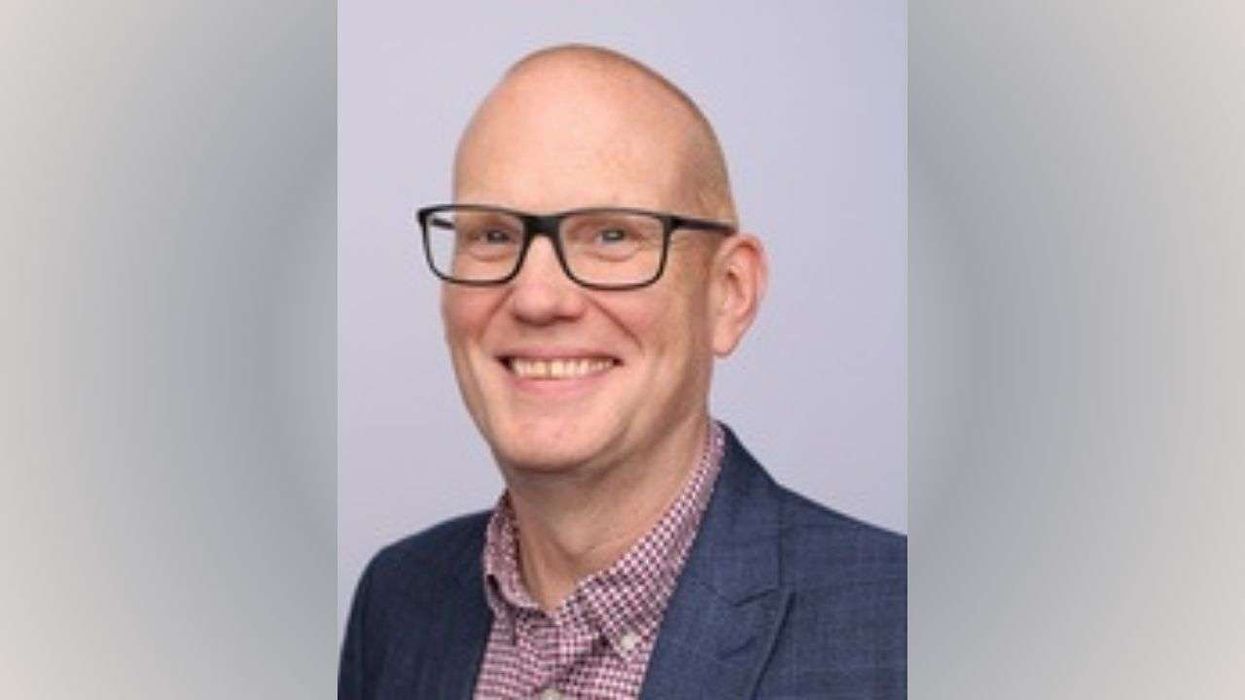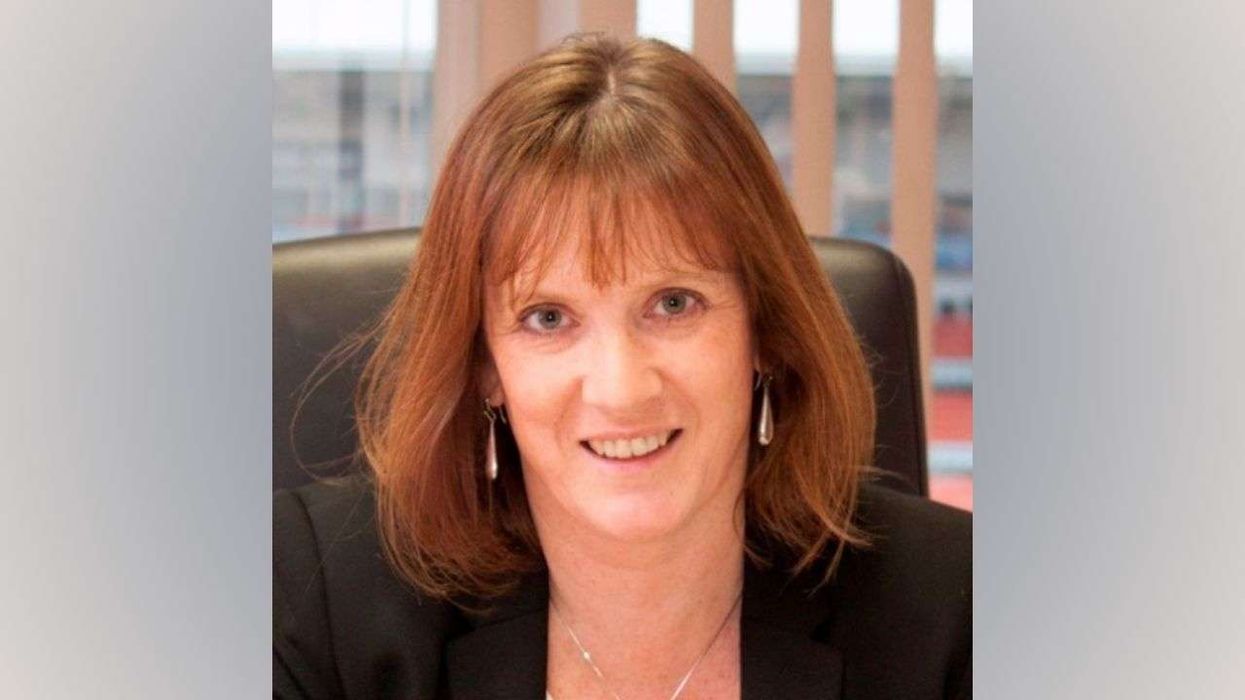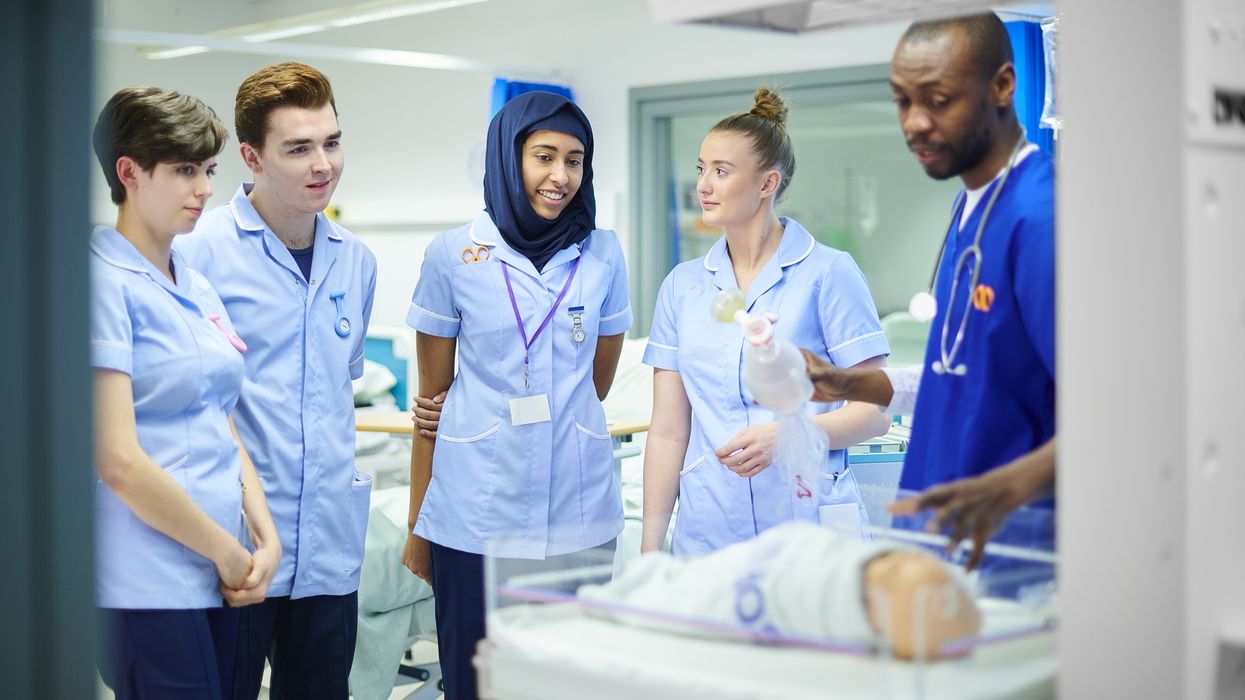Amidst some minor technical glitches, the GPhC successfully conducted its first online registration assessments which concluded on Thursday (March 18).
A total of 2,670 provisionally registered pharmacists have appeared for the two day long assessment. Out of 2670 candidates, vast majority of the students sat in Pearson VUE test centres, with 83 candidates sitting remotely in Britain and overseas using Pearson’s OnVUE system.
“We have worked closely with Pearson VUE to prepare for the online assessment and to respond quickly to any issues raised by candidates before and during the sittings. Both sittings were delivered successfully overall for the vast majority of candidates and some candidates have already been sharing positive feedback about their experience of sitting the assessment,” the General Pharmaceutical Council (GPhC) said in statement.
The registration assessment had to be postponed from June 2020 and moved online, in response to the impact of the Covid-19 pandemic. “Due to social distancing requirements, capacity in test centres was reduced, and we held two sittings to accommodate all candidates in a network of test centres across Great Britain,” the pharmacy regulator said.
Candidates who sat the assessment will receive their results on April 29.
Technical issues
A small number of individual candidates did experience some technical issues during the sittings. Several candidates sitting remotely were unable to sit the online registration assessment, with initial analysis suggesting this was due to internet connection issues they were experiencing.
“A small number of candidates sitting in test centres also experienced some technical issues, which were largely resolved by the test centre staff. Our staff also worked with Pearson VUE to resolve wherever possible some other minor issues experienced by candidates,” the GPhC said.
“We are following up with these candidates directly. Reports of technical issues, and feedback from candidates, will also be used to identify any learnings for future sittings”.
Different papers for each sitting
The GPhC has reassured the candidates who have appeared for tests that different papers were used for each sitting.
The reassurance from the GPhC came after some candidates raised their concern that the papers for each sitting were the same or very similar, and that could have an impact on which candidates pass the assessment.
“We can reassure candidates that different papers were used for each sitting. The majority of the questions were different, with some questions appearing similar but having appropriately different answers. Although a number of questions were the same, this is standard assessment practice in high-stakes assessments to ensure consistency, fairness and reliability across the two sittings,” the GPhC said.
Duncan Rudkin, chief executive of the GPhC, said: “I would like to congratulate everyone who has now completed the assessment. And thank you to candidates for your patience and professionalism while waiting to sit the assessment, and during the assessment itself. We know many of you have faced significant difficulties during a very stressful year. Our thanks also go to all those colleagues, family members and friends who have supported candidates through this process.
“I am very sorry that a small number of candidates experienced technical issues, either at home or in test centres, and our team will be following up with them on an individual basis to explain their options”.
GPhC boss further assured the candidates that “the Board of Assessors will be carefully reviewing the reports from each sitting and taking forward a thorough and evidence-based standard-setting process to set the standard across the sittings and papers, to make sure the outcomes are fair and robust.”











